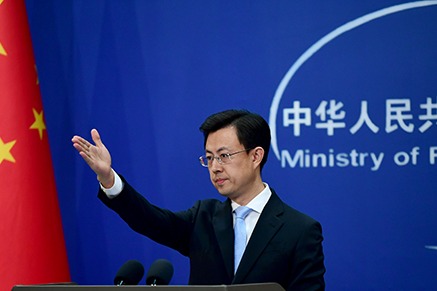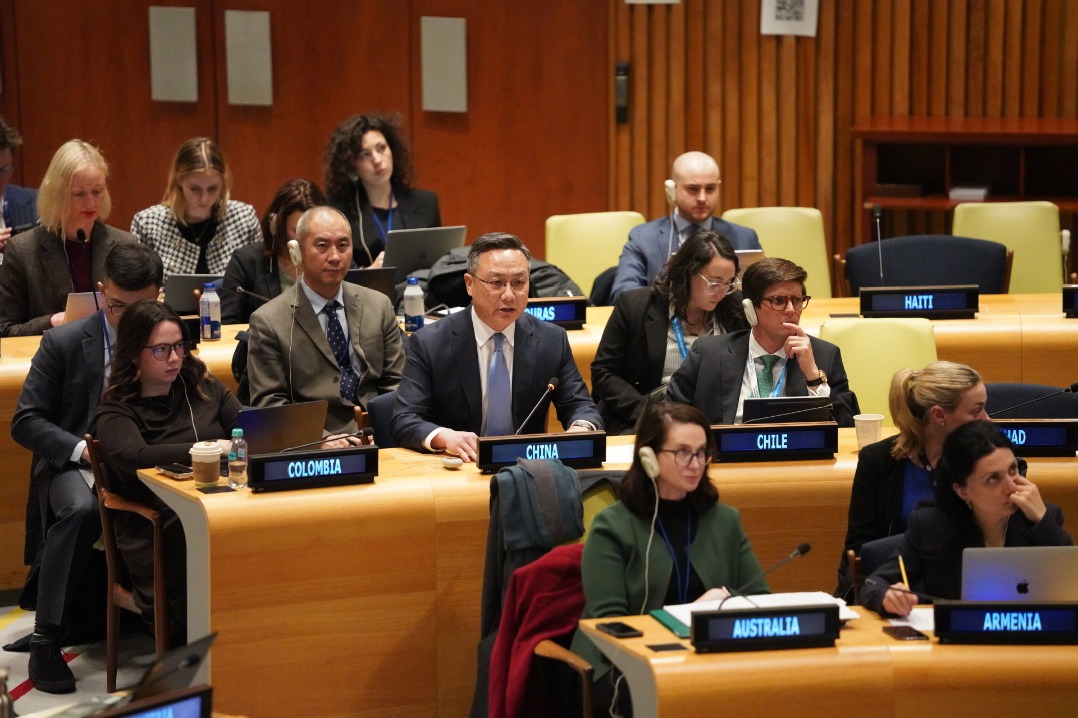Recycle chief: China ban an opportunity for the UK

The head of Britain's major recycling association says China's ban on paper and plastic waste imports could breathe new life into the United Kingdom's recycling industry.
Britain used to export millions of tons of waste each year to China, before the Chinese government stopped accepting imports of certain types of paper and plastic earlier this month.
The ban has led to a stockpile of such waste in the UK and other nations as they search for alternate export markets and new ways to process materials domestically.
"What we are experiencing is short-term pain for long-term gain," Simon Ellin, chief executive of the UK Recycling Association, told China Daily. "I think there's a massive opportunity now for the UK."
The nation is a net exporter of some reclaimed materials, including mixed paper, cardboard, and plastic. In 2016, the UK collected 1,015,226 metric tons of waste plastic for reprocessing. Only 330,731 tons of it was recycled domestically. Around 684,495 tons were exported, according to the UK's Environment Agency.
Ellin said that currently, the UK does not have enough plastic and paper processing plants to deal with the amount of waste the country produces.
"We've got the opportunity now for UK government to give us the tools we need to invest in internal UK infrastructure," Ellin said. "But it's got to be government-led and there has to be a whole supply-chain approach, where everyone takes responsibility – from the designers, manufacturers and retailers, through to local councils and processors."
On Tuesday, the government's Environmental Audit committee will meet to debate China's restrictions on imported waste. At a committee meeting in October, Therese Coffey, the environment under-secretary, said the China ban challenged the UK to "improve the quality of the waste we have".
"It gives us an opportunity to reprocess more here, rather than exporting to the other side of the world just because it's a bit cheaper to do so," Coffey said.
































